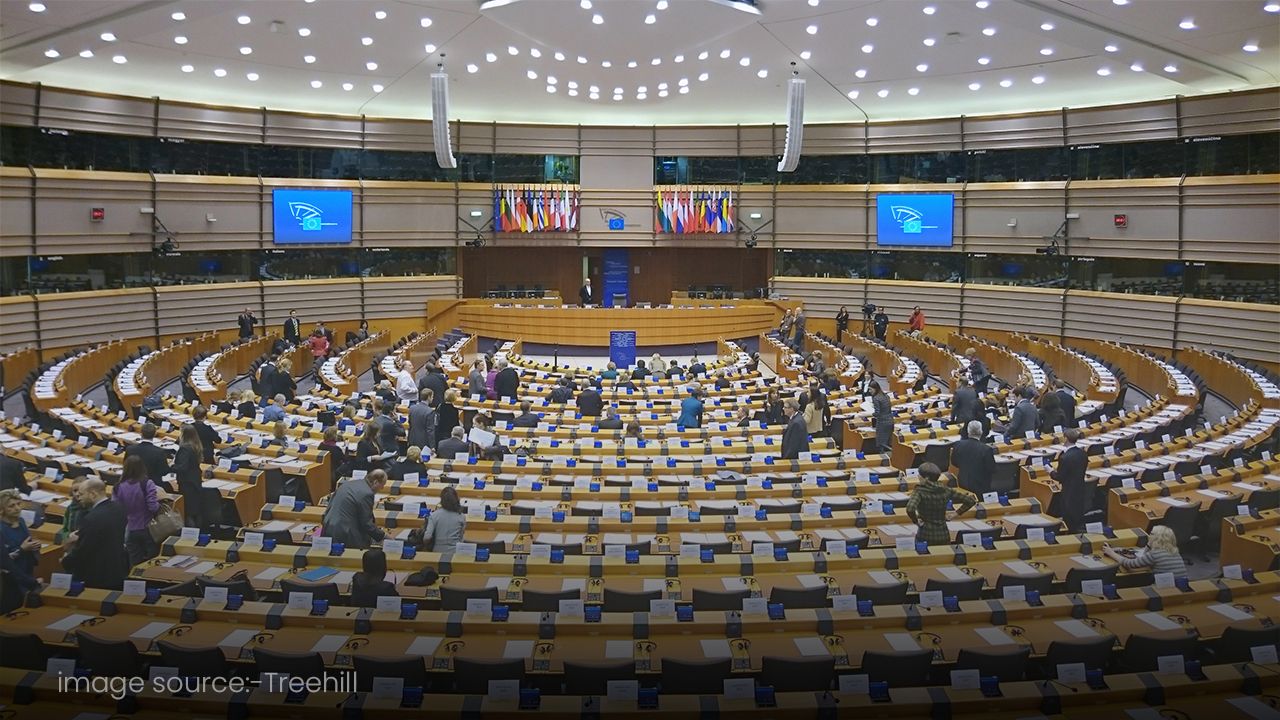BRUSSELS, June 8 2022: The European Parliament plenary on Wednesday voted to support a ban on selling new cars with combustion engines from 2035 to support the fight against climate change through faster development of electric vehicles.
The Plenary backed the proposal made by the European Commission in July 2021 to require a 100% reduction in CO2 emissions from new cars by 2035, making it impossible to sell vehicles with combustion engines in Europe from that date.
The European Parliament consisting of elected members from all EU nations approved the proposed ban by 339 votes in favour of 249 against with 24 abstentions considering this move as the imperative step in the approval process.
The legislation is a key part of the “Fit for 55”, a package that aims to reduce the 55 per cent reduction in CO₂ from vehicles in 2030 and hit carbon neutrality by 2050. The move reinforces an existing obligation on the car industry to lower CO₂ discharges by 37.5 per cent on average at the end of the decade compared to last year.
"Purchasing and driving zero-emission cars will become cheaper for consumers," said Jan Huitema, the European Parliament's lead negotiator on the policy. He also pushed for an extra 2027 interim target to spur up the production of clean cars but was rejected by MEPs.
In order to speed up EV sales in Europe, the Commission said it would require emboldening carmakers to invest heavily in electrification and 27 EU member states to expand vehicle charging capacity. Charging points will be installed with a maximum distance of 60 kilometres (37.3 miles) on major highways by 2025.
Many automakers are already sensing the shift and moving toward the production of electric vehicles. Ford and Volvo have publicly supported the EU plan to stop combustion engine car sales by 2035 while some luxury marques such as Volkswagen, Jaguar, and Alfa Romeo, intend to be electric across the globe well before the EU’s deadline.


